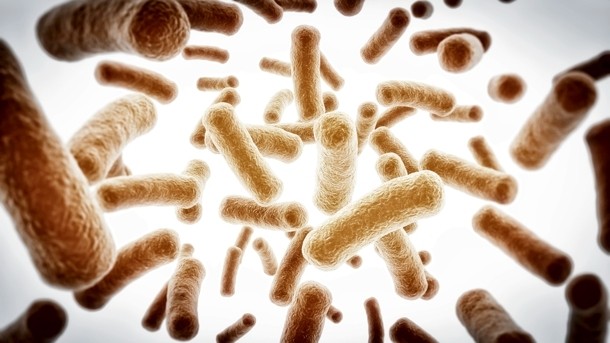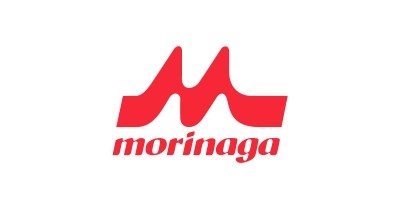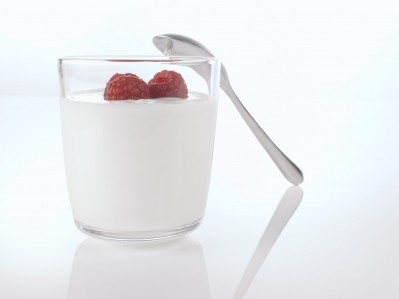Japanese consumption, Chinese growth spur global demand for probiotics

According to BCC Research, the overall market for probiotics should increase by US$16bn over five years to US$50bn at the end of the decade, demonstrating a compound growth rate of 8%.
A recent report by the industry analyst predicts that Asia-Pacific will outpace all other regions as it increases in value to US$19.2bn by 2020, representing an 8.3% compound growth rate.
"Japan is one of the biggest consumers of probiotics, and this consumption is increasing at a significant rate,” said analyst Aneesh Kumar.
Already an established market for probiotics—the Yakult probiotic milk drink was established in Tokyo in 1935—Japan has often found new benefits from the bacteria.
Last month, for example, a probiotic containing Lactobacillus casei Shirota given to Japanese medical students in the run-up to nationwide exams was found to reduce stress.
While Japan continues to drive consumption, BCC predicts that growing awareness of probiotics in China and India will further cement regional growth in the probiotics market, which in Asia-Pacific was worth just US$12bn in 2014. In China, the infant formula segment in particular has been witnessing a rapid increase in popularity.
Globally, the probiotics market has evolved alongside developments in the food and beverage, dietary supplements and animal feed industries.
With rising health concerns driving the market in both humans and animals, continuous advancements in the field and significant reductions in production costs have also been spurring consumption.
Moreover, growing demand in the food and beverage industry has attracted start-ups and small companies to enter the industry.
The food and beverage segment, which held about 73% of the global market in 2015, is expected to retain its dominance to 2020, providing an anticipated US$36.5bn of global probiotics sales by that year.
Meanwhile, the global market for probiotics as dietary supplements, used to prevent diarrhoea, constipation and various other conditions, should reach a value of US$8.8bn in 2020, according to BCC figures.
And probiotics used as animal feed should contribute nearly US$4.7bn to the overall market in 2020, their popularity being driven by the livestock industry’s increasing awareness of their ability to boost animals’ immunity and improve health conditions, BCC predicts.



















